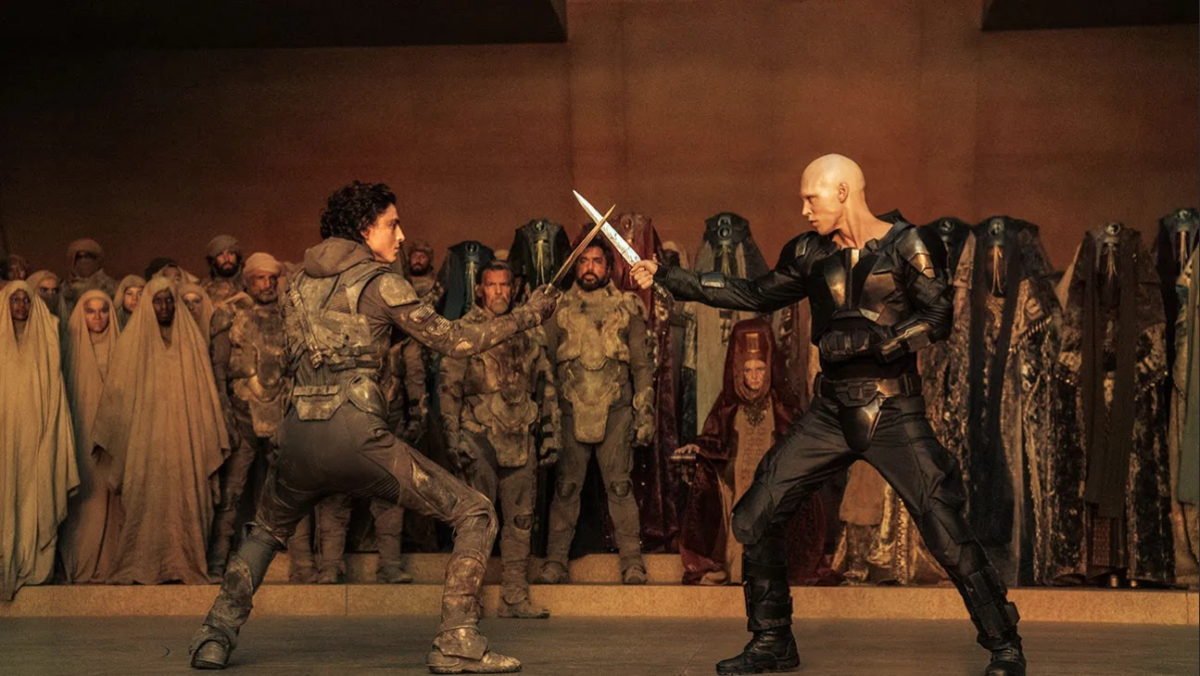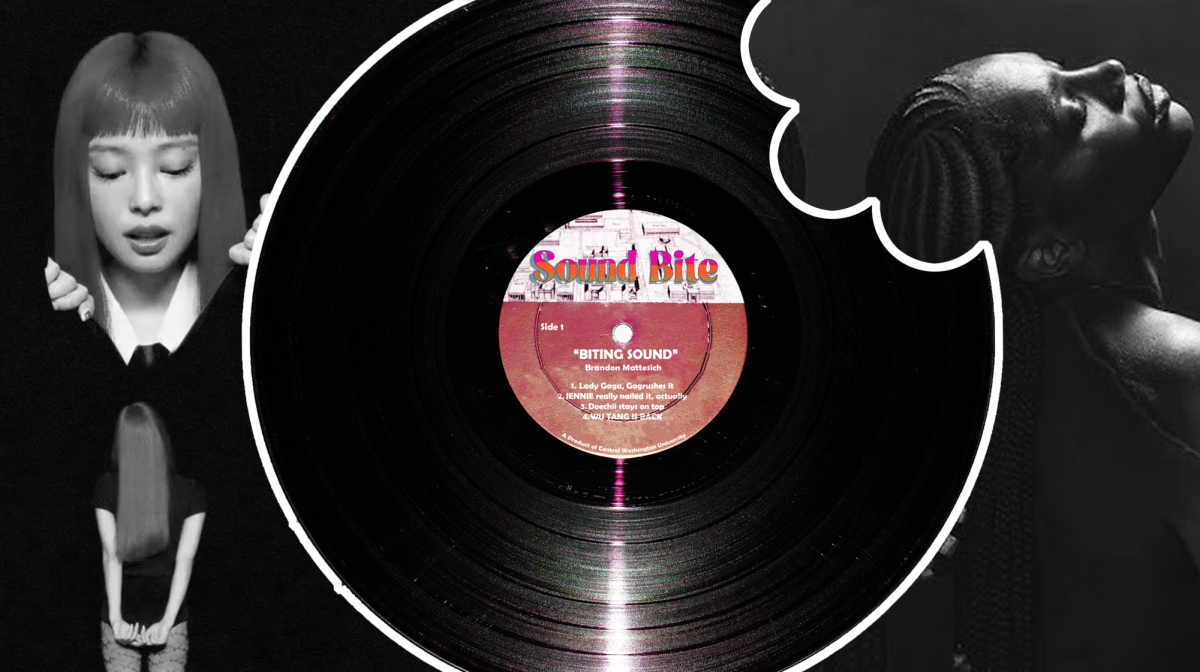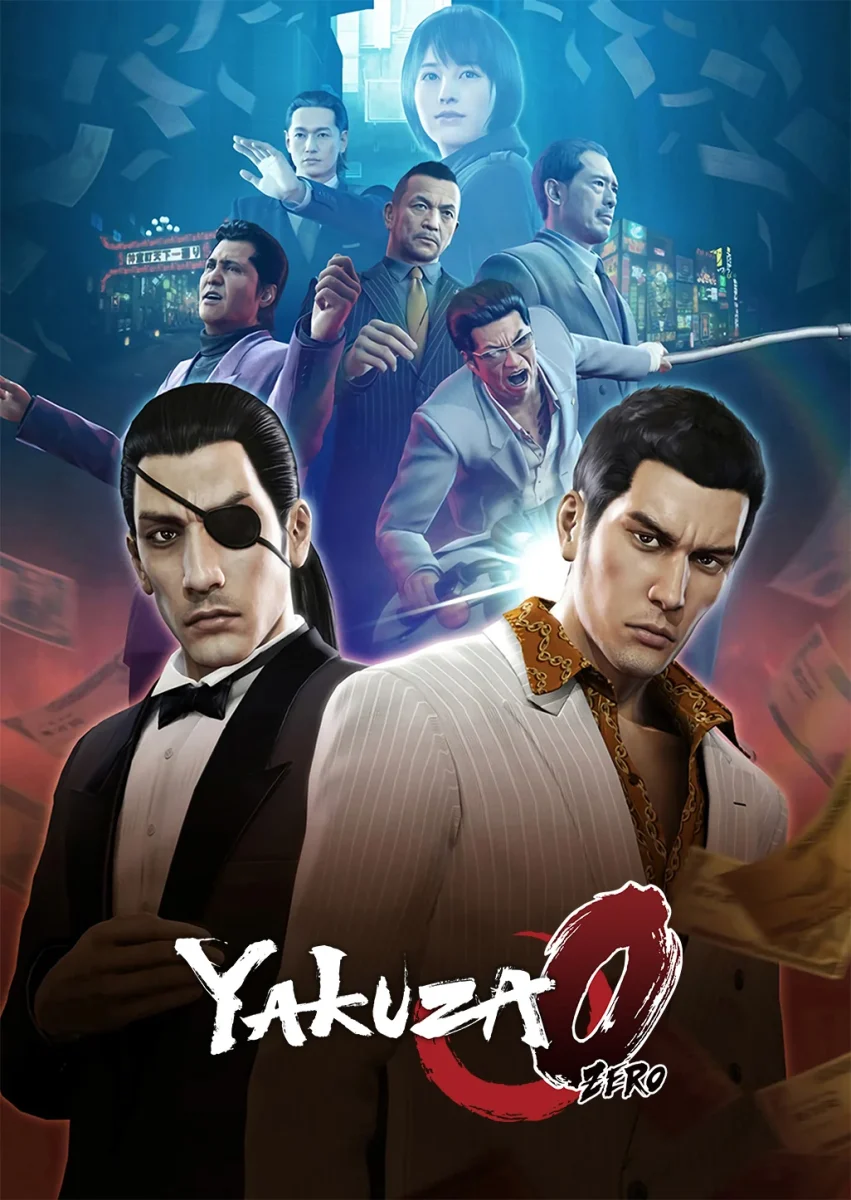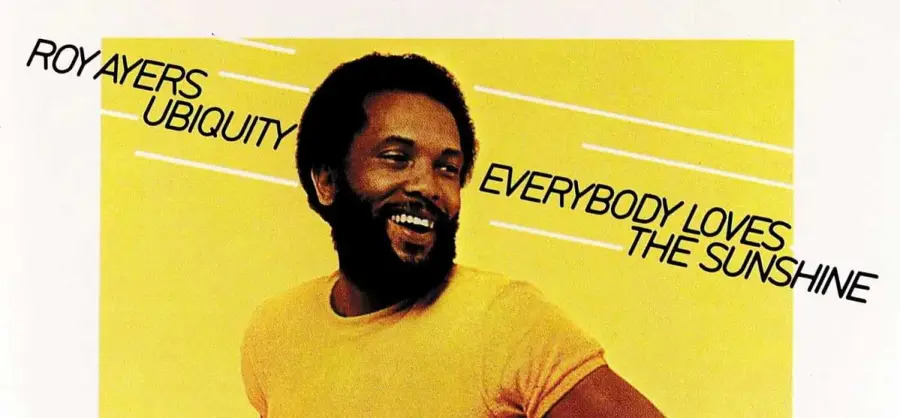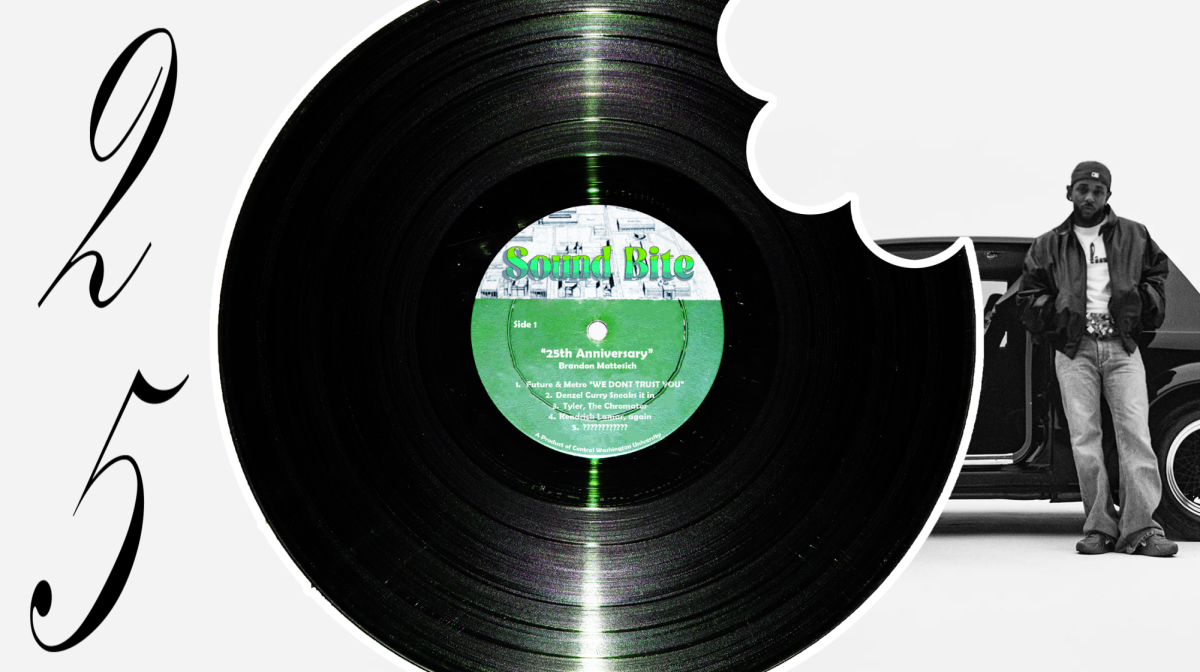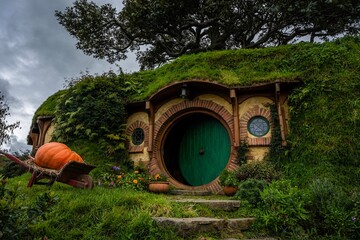Pretty much every decade has a saga, franchise or story that defines it. For the 70s-80s that franchise was “Star Wars” which was released in 1977, and had two sequels that followed in the 80s. The 90s were a transitional period from old Hollywood into a new era, much of which was pioneered by “Star Wars,” and saw the rise of the “Jurassic Park” franchise at the beginning of the decade in 1993 and the inception of “The Matrix” at the tail end, as well as the return of “Star Wars,” both in 1999.
The 00s were defined by the grand storytelling and epic vistas of “The Lord of the Rings” trilogy, which was able to transcend and achieve critical, casual, financial and award-winning success. And as the decade came to a close, “Iron Man” was released and the Marvel Cinematic Universe (MCU) became the monoculture for nearly two decades.
Now, as the MCU seems to be losing steam at an exponential rate, the window has opened for a new champion to define the 2020s. And given the domination of the Barbenheimer phenomenon, it seems like people – especially young people – are hungry for something new. Something of substance that goes beyond recognizing names and costumes.
In 1965, Frank Herbert wrote “Dune,” and inspired pretty much every single movie I just mentioned besides “The Lord of the Rings.” In 2021, an adaptation “Dune: Part One” debuted to immense critical praise and garnered many Oscar nominations. I thought that it was phenomenal and paved a path for an era of visually extraordinary storytelling with intense themes and challenging characters.
This Friday, “Dune: Part Two” releases nationwide and is poised to be the biggest movie of 2024, tracking to open globally with nearly $170 million at the box office. I saw it on Sunday, in a sold-out IMAX screening with a big bucket of popcorn and the highest expectations I’ve had for a movie maybe ever. As a fan of not only the first film, but first and foremost the book, I was extremely hopeful that director Denis Villeneuve could live up to the original, while also being worried about the translation of some of the themes and plot points of the end of the book (The two movies are both based on the first “Dune” novel).
I’ve never been happier to say that the roof was blown off of my expectations, and that “Dune: Part Two” is not only better than the first film, but for my money is the best piece of blockbuster filmmaking since “Top Gun: Maverick,” and the best piece of sci-fi filmmaking since the original “Matrix.”
“Dune: Part Two” does what all great sequels do, it identifies what was great about the first and builds upon it, while expanding the world, heightening the stakes and making sure while doing all of that, it stands alone as its own unique piece of art.
I would be lying if I said I’ve fully processed it. Seeing it was such an out-of-body experience after waiting for multiple years and the film experiencing four release date changes, that I just became so enveloped in what was happening and let the movie take me away.
“Part Two” has the luxury of the fact that “Part One” exists, and all of the set-up and basic world-building and character introductions has been done. This allows Villeneuve to take the audience’s trust that he earned from the first film and throw them right into the world, and the chaos of the plots inside of plots unveiling themselves.
Visually, “Part Two” might be the crowning achievement of movie-making in the modern age. Every single shot is composed and framed with intense care and an unreal level of competency, perfectly blending the practical effects, locations and landscapes with digital creations and effects. It feels like Villeneuve and cinematographer Greig Fraser have taken what they learned from the first film and amplified it tenfold. Every single frame is a piece of art, and they consistently left me in awe. The battles look grand, the smaller character moments are intimate and beautifully rendered, and the sandworms look and feel massive, even bigger than they did in the first film.
That’s one thing that Villeneuve has always had a sense for: scale. Even dating back to his earlier works like “Enemy” and “Prisoners” this has always been something that he has excelled at, but especially with his sci-fi endeavors “Blade Runner 2049,” “Arrival” and both “Dune” films, he knows exactly how to frame shots to make things that are big look huge, and things that are huge look massive.
All of the weirdness from the first film is dialed up from a ten to a 20 as Villeneuve brings to life all of Frank Herbert’s bizarre psychedelic creations. From Lady Jessica’s horrifying transformation into a Bene Gesserit Reverend Mother which displays filmmaking techniques I have literally never seen before, to an extended visit to the Harkonnen planet Giedi Prime that is presented entirely in black-and-white, Villeneuve is operating on a level that very few filmmakers today have achieved.
Just quickly, Rebecca Ferguson gives maybe my favorite performance of the entire movie as Lady Jessica. She’s been one of my favorite character actors for a while now (Her work in “Mission: Impossible” and “Doctor Sleep” is incredible), and this might be her best performance. She transitions from a guiding figure in Paul’s life to a devil on his shoulder in a really tragic way. I loved it.
Can I stress again that there are things in this that I have never seen before? It is incredibly rare to be able to innovate in filmmaking in this age, there is an over 100-year history of cinema and it often feels like we’ve seen all there is to see, and it’s thrilling to be proven wrong. It felt like watching a classic in real time.
If you take anything away from this, I hope it’s two things. One, see “Dune: Part Two.” I think that it’s an achievement unlike anything we’ve seen in a long time. Two, see it in IMAX if you can. The sheer scale and scope of the film is unbelievable with the expanded aspect ratio, and the sound and music of the film shakes your seat so much that you might actually think you’re in the trenches of Arrakeen.
“Part Two” was going to live and die on the back of Timothée Chalamet. While I really appreciate him as an actor, and love “Part One,” I have always been of the opinion that his performance was one of the weak links of the film. That is not the case here. Chalamet gives a powerhouse performance that is loaded with gravitas, emotion, conflict and dread. It’s easily the best performance of his career.
Paul’s arc in the first film is one of personal tragedy. Everything that he’s ever known he has either left behind, or has been completely destroyed. His homeworld is far away, his father is gone and the empire that he was born to inherit is in shambles. All of this happens while he learns more and more about his “destiny” that he was bred to fulfill, as he sees visions of battles and wars being fought in his name.
“Part Two” is about Paul going down the path that was laid for him and the internal battle he is fighting about following it as he knows it leads to one thing only: a holy war in his name. A tragedy that goes beyond him. And that is really where this film succeeds. Villeneuve and company do an excellent job at portraying Paul as a morally-gray protagonist, and even towards the end almost presenting him as a villain. A tragic fall from grace and a devastating rise into power.
I would be remiss, however, to not mention Zendaya and her character Chani, as she is the heart and soul of this movie. While her character was not introduced until the later stages of the first film, she is borderline the main character of “Part Two.” She acts as an angel on Paul’s shoulder, having faith in him to find his way through this prophecy while still staying who he is at his core, even though she herself does not believe in the prophecy of the Lisan al-Gaib.
There are deviations made by Villeneuve with Chani’s character from the original book, mostly in how her story ends. I thought that they were fascinating, and although they are different, they are still in the spirit of the story being told, and are informed by the original material. I won’t spoil it, but I absolutely love what they decided to do with her character.
That’s one of the markings of a true genius, especially when it comes to adapting. Villeneuve so clearly has such a deep understanding and reverence for the original material that even when he makes changes to the story, it’s done in a way that amplifies the message and themes of the text rather than being change for the sake of change.
There are a few new characters in “Part Two.” Florence Pugh’s Princess Irulan, Christopher Walken’s Emperor Shaddam IV and Léa Seydoux’s Lady Fenring among them. But the most pivotal new character, and one of the absolute highlights of the movie, is Austin Butler’s Feyd-Rautha Harkonnen. Butler provides a direct antagonistic parallel to Chalamet which was missing from the first film.
Feyd is gross, vile, insane and violent. Butler is magnetic on-screen, and steals every scene he is in. He shows no remorse, kills people who inconvenience him, and drools and snarls his way through battle. As the heir to House Harkonnen, and possibly the Imperium, he’s presented in the story as not only a rival to Paul, but as an alternative in the grand scheme being put together by the Bene Gesserit. Plots inside of plots.
This brings up what “Dune” is really about: religion, politics and prophecy, and how those things can manipulate and be manipulated. Very few filmmakers have the ability, let alone the gall, to tackle themes this complex and grounded, but Villeneuve does it with skill and grace.
It’s hard to talk about these aspects of “Dune” without getting into spoilers. But the film is very indicative of how politicians and people in power use religion to control people. They create prophecies that may or may not be true, and people will either choose to believe them or not. Some people stay put, hoping and waiting for their messiah to come, while others defy and create their own destiny. They meddle with bloodlines to ensure that control is always in their grasp. But what happens when these prophecies start coming true? Or when someone wills their way to self-fulfill the prophecy? They may find paradise, but it can also lead to things worse than even emperors and witches could have possibly imagined.
“Dune: Part Two” is in theaters on March 1st.


